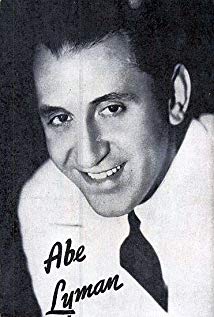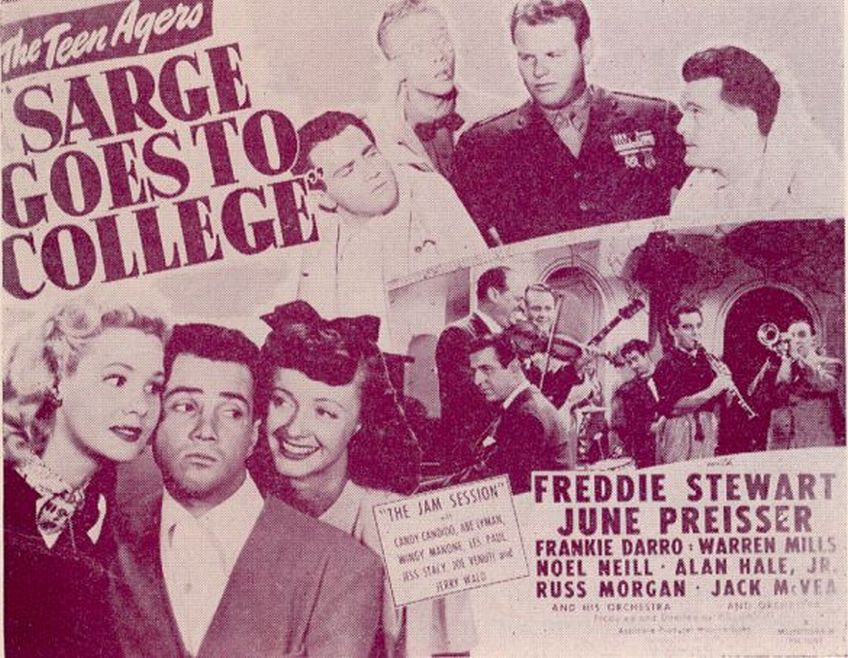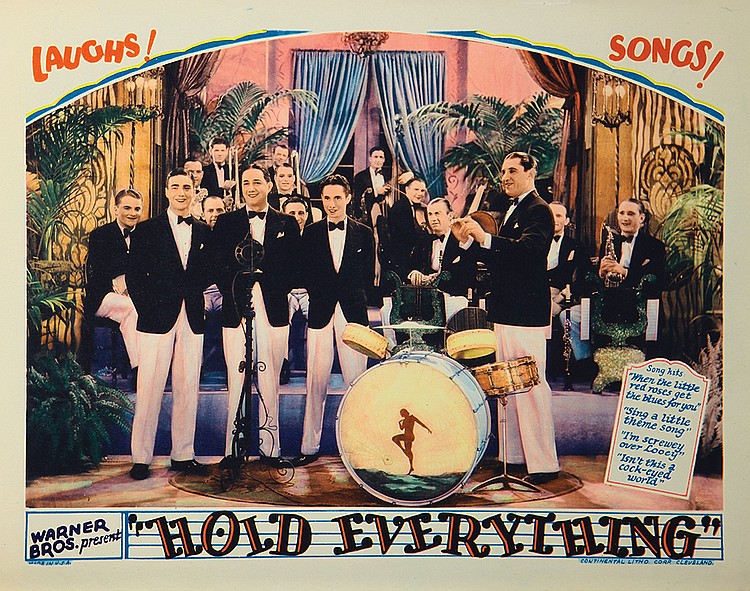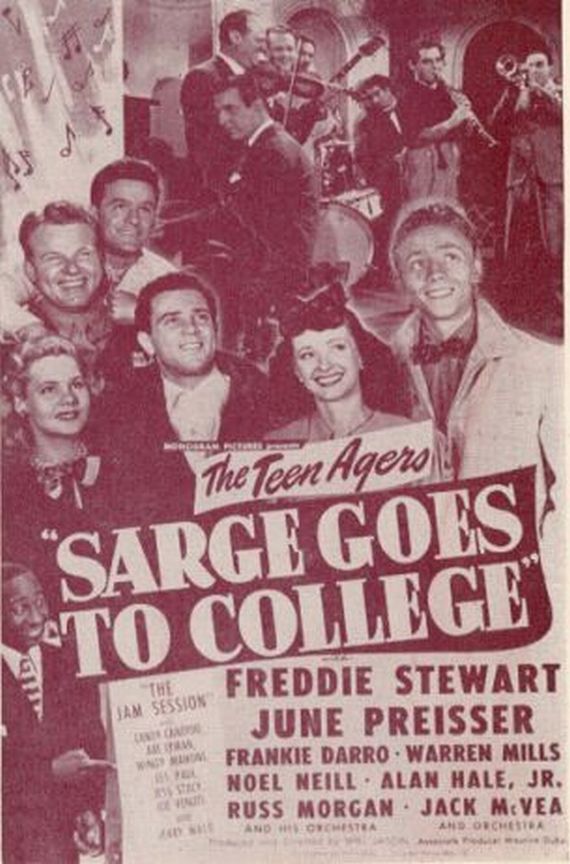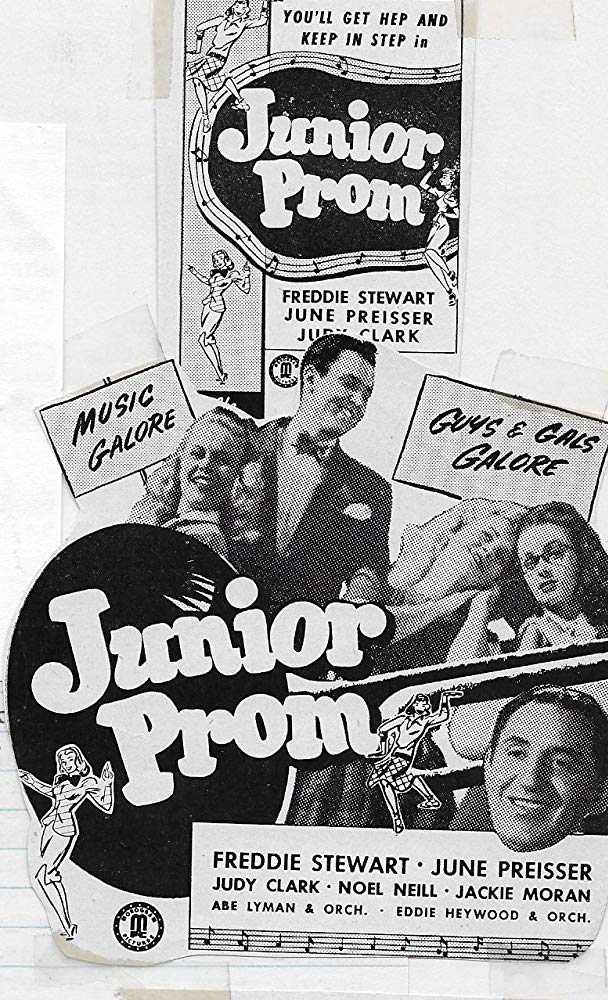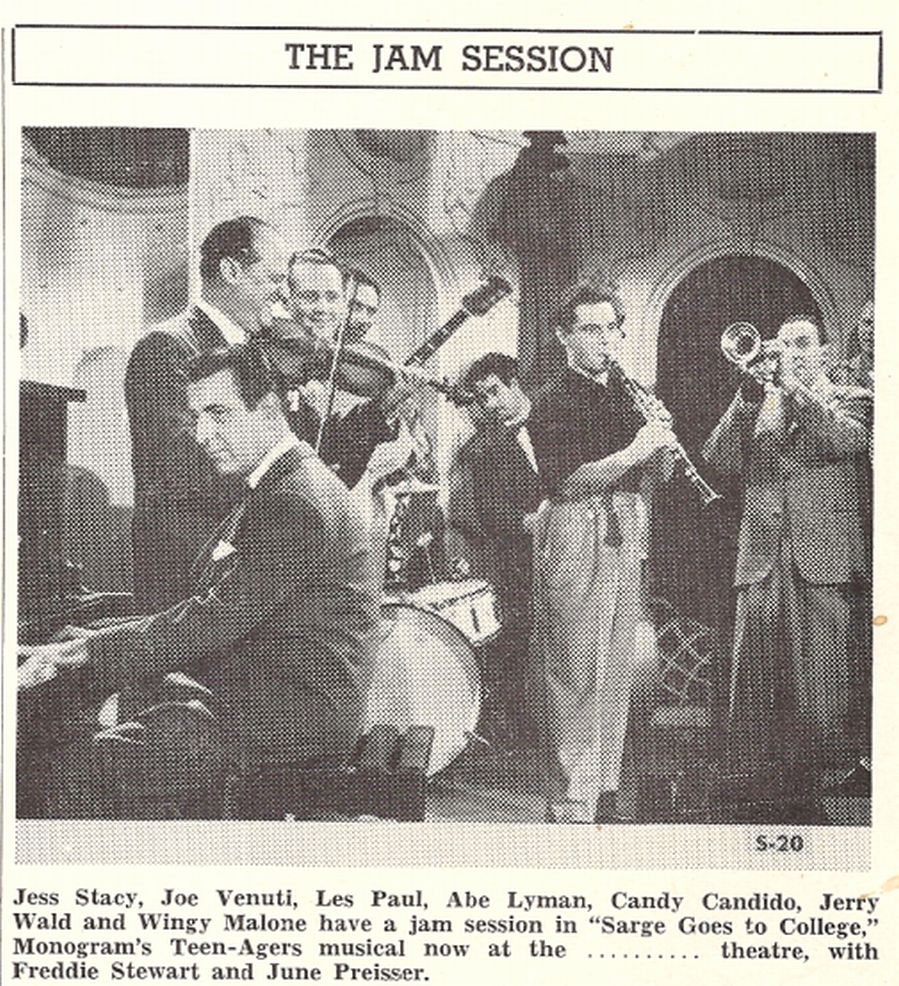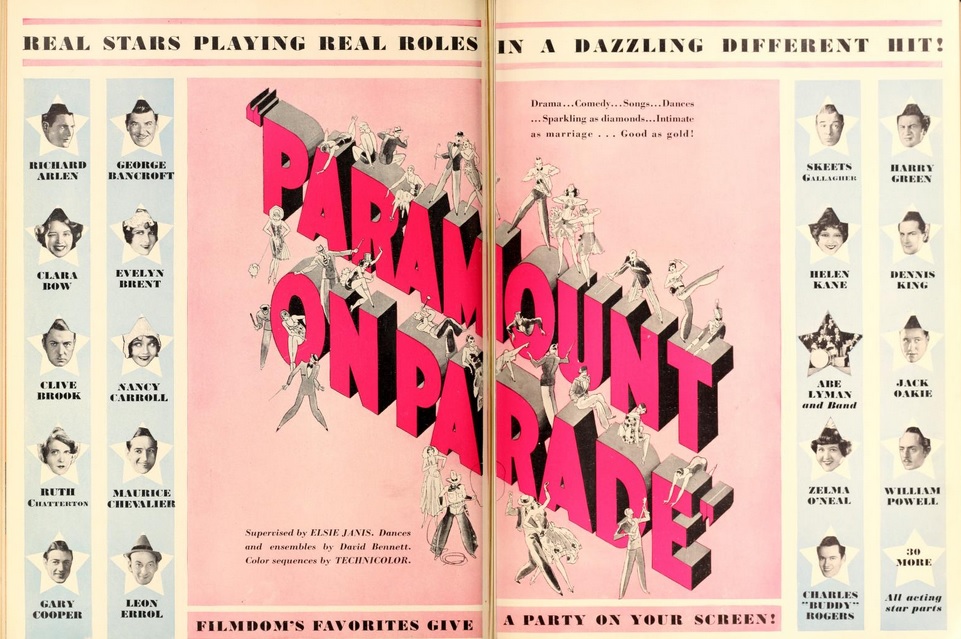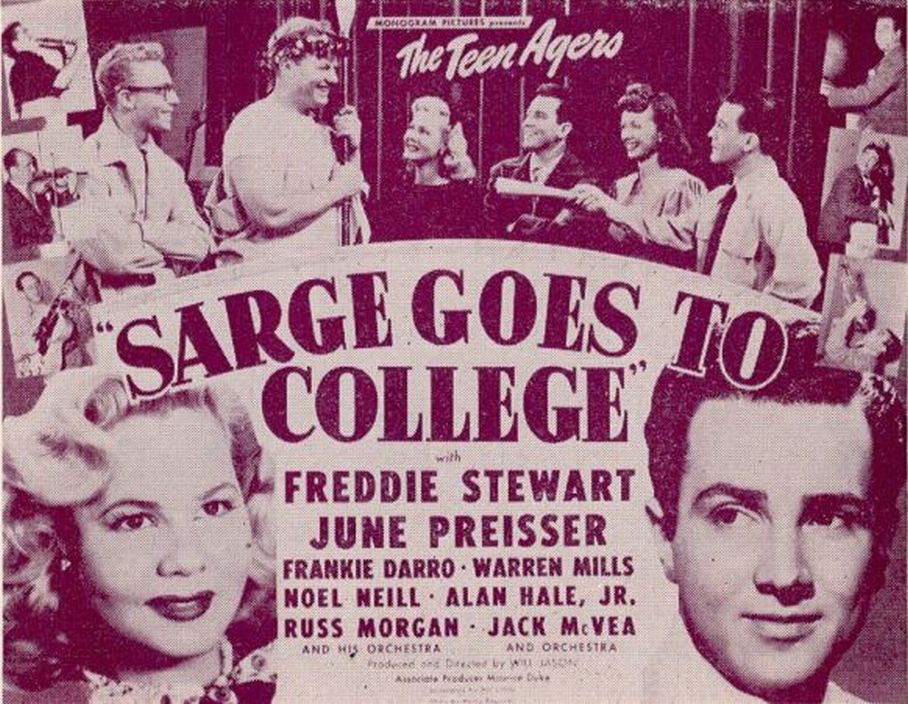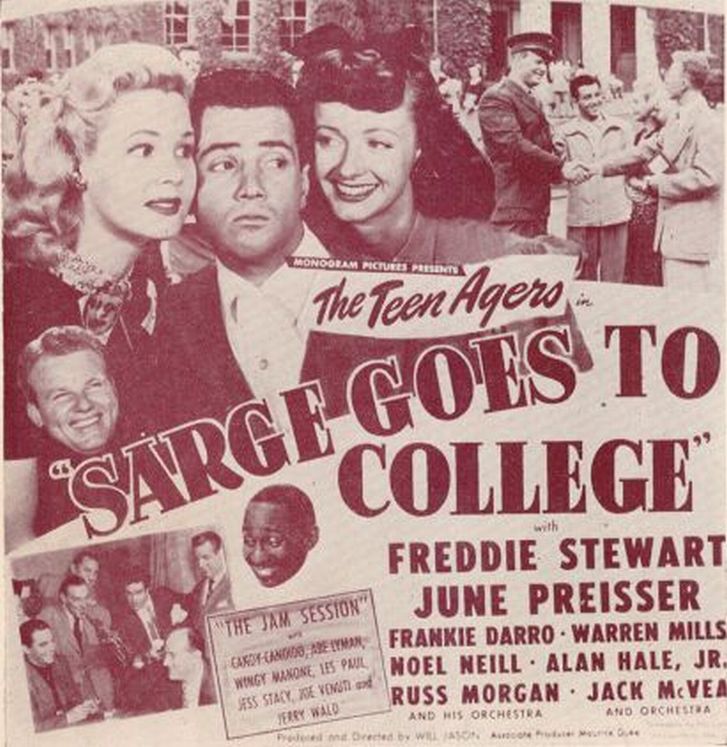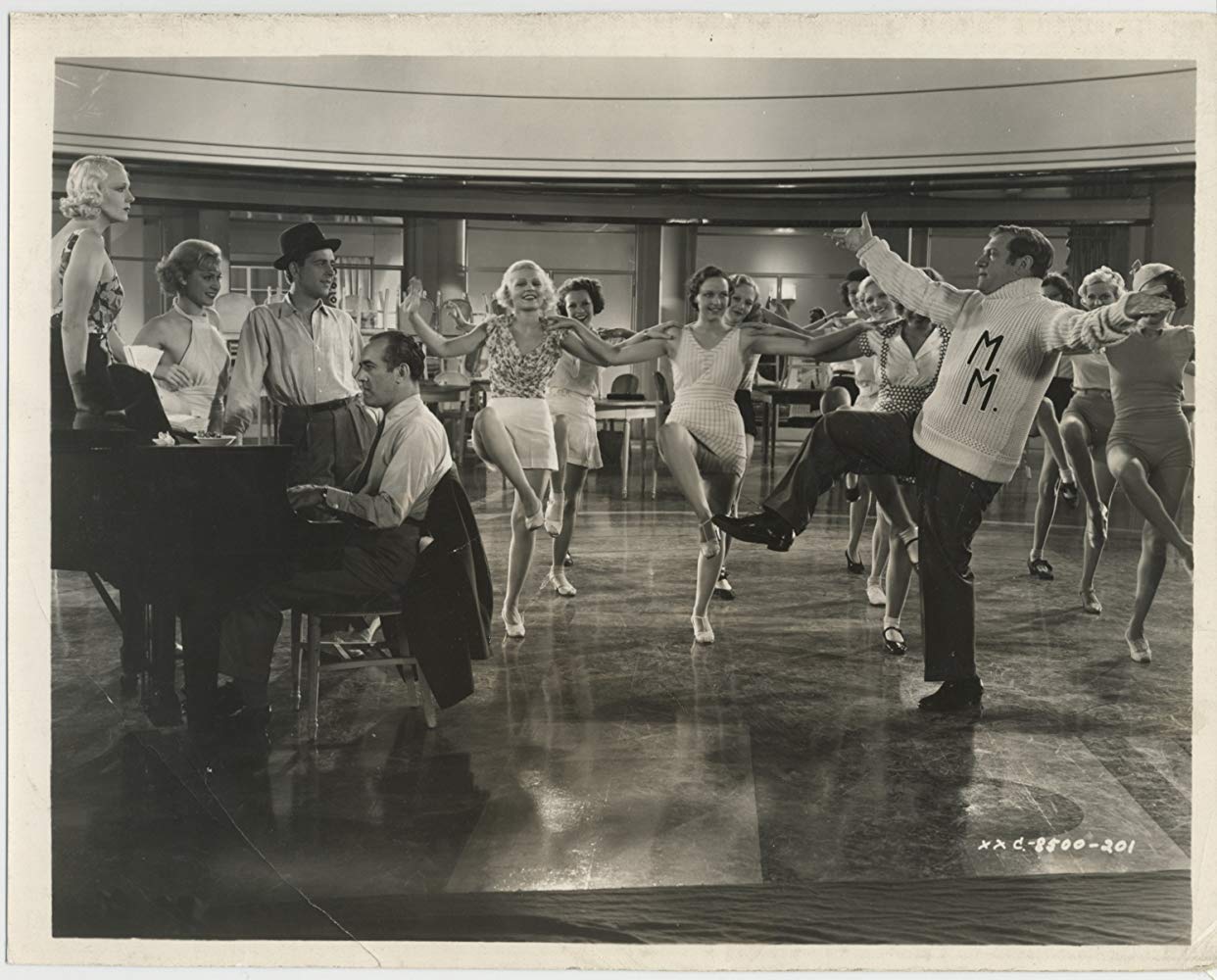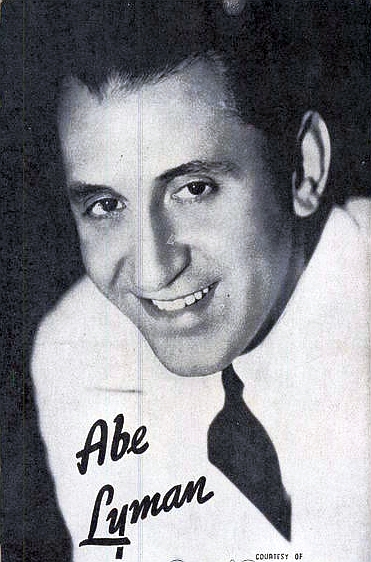Abe Lyman was an extrovert bandleader with a penchant for organisation and marketing. He led several orchestras from the 1920's to the 40's, successfully catering to changing tastes in music. Trained as a drummer from the age of 14, Lyman worked predominantly in the cinema pits of theatre bands in the Chicago area until prompted by his br...
Show more »
Abe Lyman was an extrovert bandleader with a penchant for organisation and marketing. He led several orchestras from the 1920's to the 40's, successfully catering to changing tastes in music. Trained as a drummer from the age of 14, Lyman worked predominantly in the cinema pits of theatre bands in the Chicago area until prompted by his brother Mike to move to the West Coast. He formed his first dance orchestra, Abe Lyman and His Californians, in Santa Monica in the early 1920's. Through appearances at the Ship Café in Venice, Lyman made connections with several of the more glamorous patrons, including film stars Bebe Daniels and Gloria Swanson.These connections in turn paved the way for more prestigious bookings to the Cocoanut Grove Ballroom at the Ambassador Hotel, where Lyman and his band remained in residence until 1926.The popularity of the group enabled Lyman to recruit a number of quality musicians, including New Orleans 'hot' trumpeter Ray Lopez, Si Zentner, Jimmie Grier, Gus Arnheim, Jack Pleis and Yank Lawson. In the late 1920's, the band went on a successful tour, first nationally, then to Europe, where they appeared at the Kit Kat Club, the London Palladium and the Moulin Rouge. Upon their return, Lyman expanded his profile through appearances in early sound pictures and doing the synchronizing on three classic 'Merrie Melodies' soundtracks for the Warner Brothers animation unit in 1931. The band also recorded prolifically under the Brunswick, Decca and Bluebird labels. Best-known songs included "Mandalay", "Mary Lou", "After I Say I'm Sorry" (composed by Lyman) and the band's signature pieces "California, Here I Come" and "Moon Over America". Further exposure came through weekly national radio broadcasts on 'Waltz Time' (NBC) and 'Your Hit Parade' (CBS). Lyman relocated the orchestra from the West Coast to New York in 1933.By the mid-1940's, the band began to fade in popularity and few recordings were made. Lyman left the music business altogether at the end of the decade, starting an insurance business with his wife Rose Blane (one of his former vocalists) in Beverly Hills and, subsequently, getting into restaurant management.
Show less «

